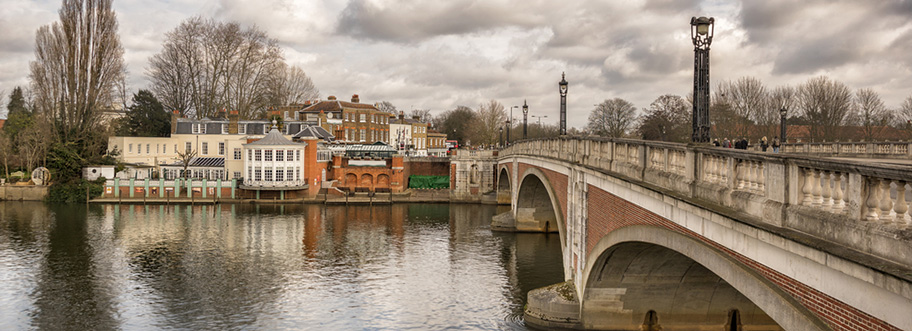Citizens: 800 Years in the making: exploring the history of
liberty, protest, power and rebellion
Citizens is a three year project being run by Royal Holloway which will launch in January 2017. The aim is to create a website that explores the history of liberty, protest, rebellion and reform from Magna Carta to the Suffragettes and beyond. This site, promoted especially to teachers and school pupils, will help visitors understand and learn how and why people’s rights and their relationship with the state has changed; how people have challenged authority; how governments have responded to such challenges; and how Parliament and parliamentary democracy have evolved. With your help, Royal Holloway plans to identify, map and share the stories, discovered by U3A members, to build up a picture of how communities have contributed to our democratic heritage.
U3A members will be playing a vital role, highlighting local stories, figures, movements. Here in London, for example, members will look at the relevant history of a particular borough which has contributed to this eight century long struggle to define, defend and extend rights and liberty. Here in Battersea, you may like to research the Putney Debates or the central role Battersea played in the early days of British Socialism – for example,names such as Charlotte Despard, John Burns and John Archer.
This is a more flexible form of Shared Learning Project than we have been used to in London as members will be asked to work in small, local groups or on their own on their chosen topic and then come together for meetings every eight weeks when they can discuss their progress and raise any questions. The meetings will be held at Senate House, University of London National Archives in Kew, and the first briefing meeting will be on Monday 16th January 2017.
If the project interests you but you would like some suggestions as to research topics, please sign up and come along to the first meeting to hear Dr. Matthew Smith’s proposals. Matthew will also be able to give you a letter of introduction to your local museum. If you haven’t found anyone with whom to work, come and find a group you can join. If you are at all interested or have any queries, please email Jennifer Anning, the U3A Co-ordinator of the project.
Please click on link below for more information
http://citizens-u3a-slp-flyer-london-region
Jennifer Anning, National SLP Co-ordinator
ja_ku3a@btinternet.com

